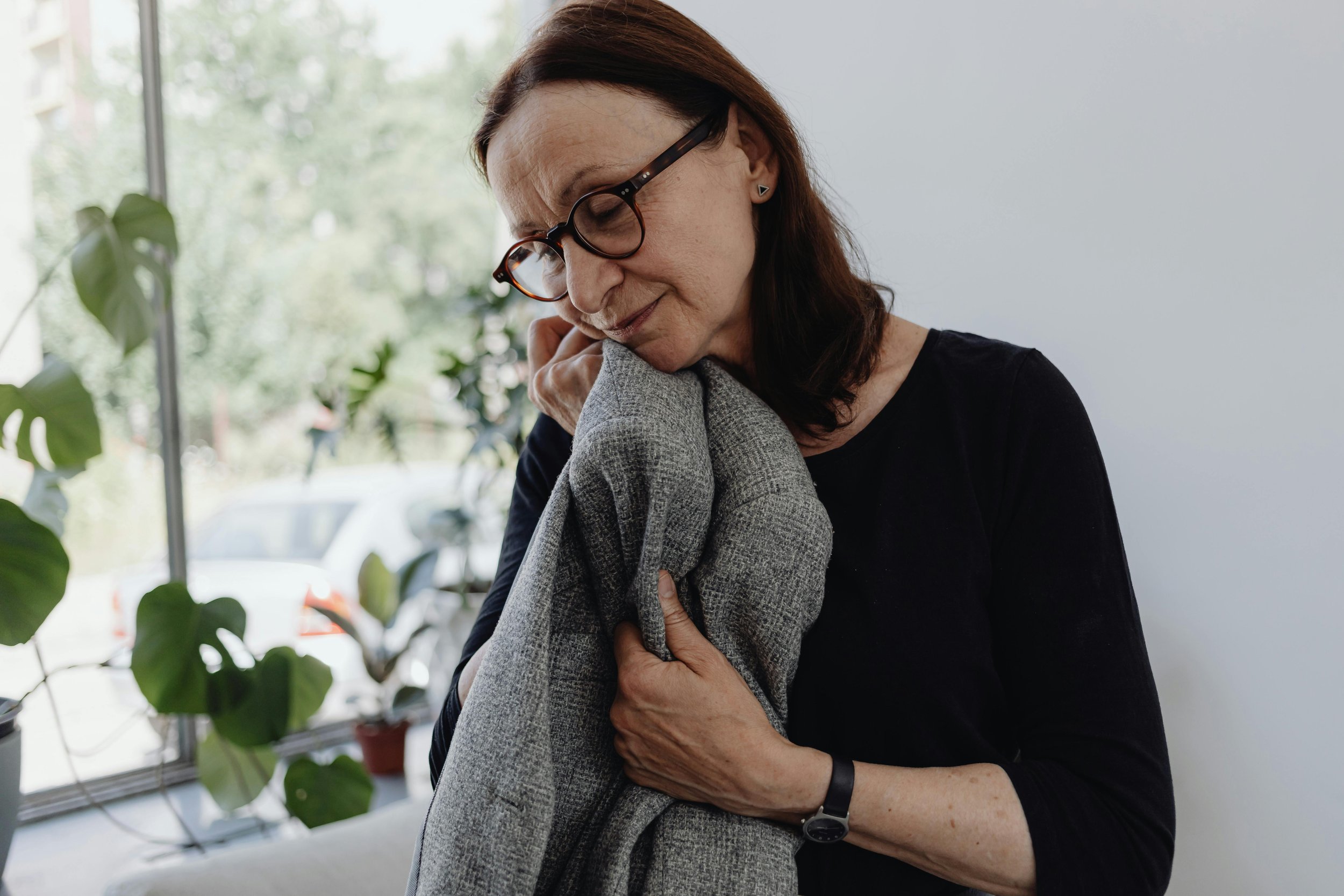Menopause Fatigue: The Link Between Hormones and Energy Loss
Fatigue is one of the most common—and often overlooked—symptoms experienced during menopause. While hot flushes, night sweats and mood changes tend to get the spotlight, many women report a persistent, sometimes debilitating sense of exhaustion that affects their work, relationships and quality of life.
So, does menopause make you tired? Yes, and the reasons are both physiological and lifestyle-driven. At Evergreen Doctors, our functional medicine approach focuses on identifying and addressing the root causes of menopause-related fatigue.
This includes the hormonal shifts that occur during this life stage and how factors like nutrition, stress, sleep, and inflammation may contribute.
What Happens Throughout Menopause That Impacts Energy?
The hormonal changes that occur during the menopause transition are significant. Oestrogen and progesterone levels decline, affecting multiple systems across the body—including those involved in energy production and sleep regulation.
This drop in hormones can:
- Disrupt the body’s ability to maintain stable blood sugar levels.
- Interfere with sleep (mainly when night sweats or anxiety are present).
- Increase cortisol levels in response to stress, which in turn affects fatigue.
- Alter thyroid function or worsen underlying issues that may already exist.
These changes don’t occur overnight. They develop gradually across perimenopause, menopause and into postmenopause, which is why understanding what happens throughout menopause is so important.
What Does Menopause Fatigue Feel Like?
Unlike everyday tiredness, menopause fatigue often presents as a constant heaviness or lack of stamina—even after rest. Some women describe it as “foggy”, “sluggish” or “completely drained,” with a lack of mental clarity and emotional resilience.
If you’re wondering what menopause fatigue feels like, it may involve:
- Difficulty getting out of bed despite a full night’s sleep.
- Reduced ability to concentrate or stay mentally focused.
- Feeling physically weak or unable to maintain normal activity levels.
- Emotional flatness or irritability.
- Needing long rest periods during the day just to function.
Fatigue like this can significantly affect daily life, especially when combined with other menopausal symptoms such as hot flashes or insomnia. It’s important to be sure your fatigue is caused by menopause so discuss your symptoms with your doctor.

How Functional Medicine Approaches Menopause Fatigue Treatment
Unlike one-size-fits-all solutions, functional medicine looks at the broader picture. At Evergreen Doctors, we conduct comprehensive testing to uncover hormonal imbalances, nutritional deficiencies, gut health issues or stress-related drivers of fatigue.
We then use a tailored approach, which may include:
Hormone Balancing
We assess whether oestrogen, progesterone, cortisol or thyroid hormones are contributing to your symptoms. If appropriate, we may consider bioidentical hormone replacement therapy (BHRT), supported by current evidence and always tailored to the individual.
Nutritional Support
Menopause fatigue treatment often involves improving the diet to support energy and hormone function. This includes addressing potential iron, B12, vitamin D, or magnesium deficiencies. A diet rich in whole foods, omega-3 fats, fibre, and phytoestrogens (from flaxseeds, soy or legumes) can be especially beneficial.
Sleep Support
Poor sleep quality is closely tied to fatigue. Through our functional approach, we look at sleep patterns, nighttime cortisol levels, and melatonin production—and make targeted adjustments, whether lifestyle-based or with supplementation.
Stress & Inflammation Management
Chronic stress elevates cortisol and suppresses other hormones—exacerbating menopause symptoms. Techniques like mindfulness, adaptogenic herbs, and guided relaxation practices are often recommended. Reducing systemic inflammation through dietary changes may also support better energy levels.
When Do the Symptoms of Menopause Stop?
Menopausal symptoms can persist well into postmenopause, although their intensity usually lessens over time. Most women experience relief from the worst symptoms 2–5 years after their final period, though some may take longer.
This leads many to ask: at what age does menopause end? While the average age for menopause in Australia is around 51, fatigue and related symptoms may continue into the early 60s, depending on the individual. For a closer look at that timeline, visit our article to find out when the symptoms of menopause stop.

When to Seek Help
Fatigue is not something you just have to put up with. While some tiredness is normal, persistent, unrelenting exhaustion warrants investigation. You should seek support if:
- Fatigue is interfering with your ability to work, exercise or maintain relationships.
- Sleep issues are ongoing despite lifestyle changes.
- You’re feeling persistently low in mood or motivation.
- You suspect other conditions like thyroid dysfunction or anaemia.
At Evergreen Doctors, our team of Sydney’s trusted menopause doctors take an integrative approach—combining the best of functional testing, conventional care and personalised treatment planning.
Moving Forward With Support
Menopause may be a natural process, but that doesn’t mean you must go through it unsupported. If you're experiencing menopause fatigue, we’re here to help you restore energy, improve sleep, and regain balance.
Learn more about how we can support you—or book a consultation today to explore personalised care that fits your stage of life.
